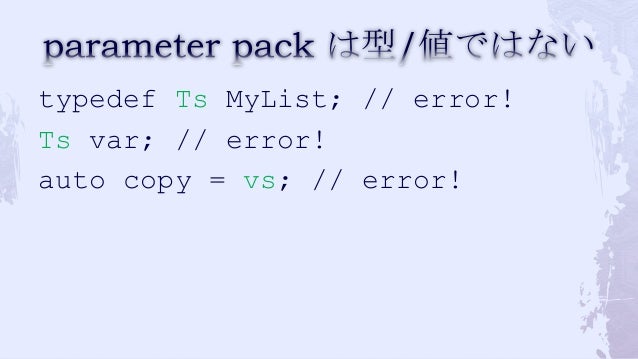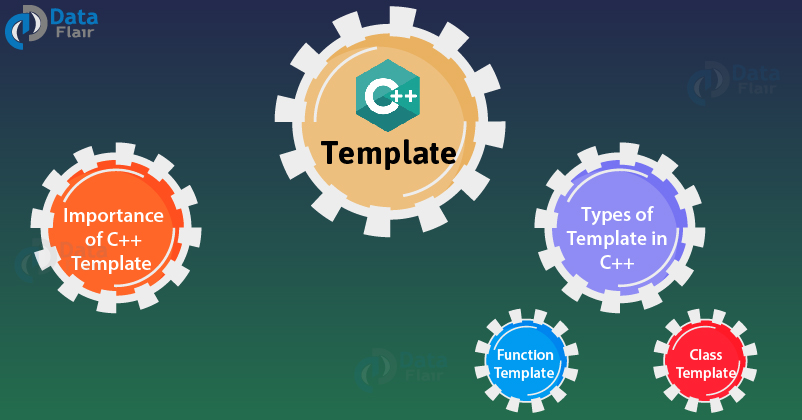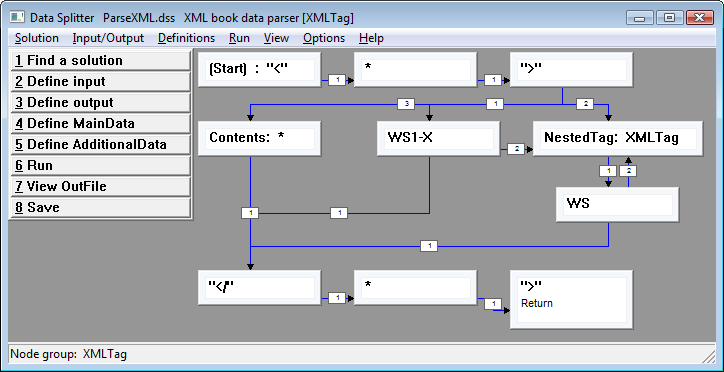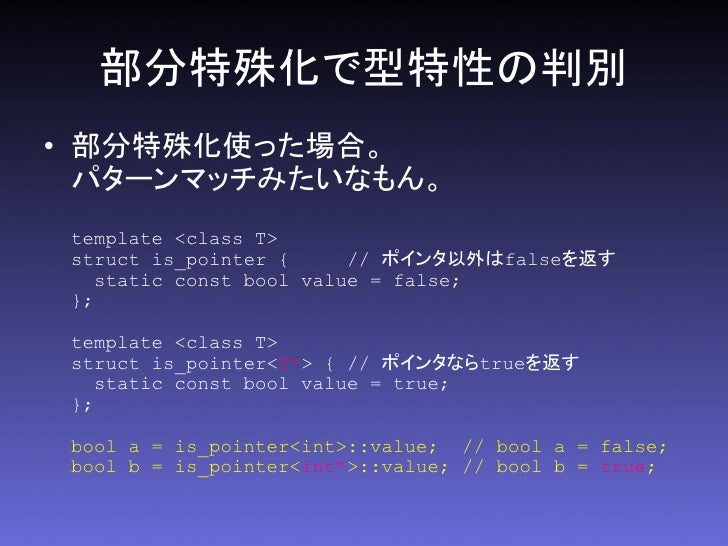Template Variadic
Template variadic - Function template std::mem_fn generates wrapper objects for pointers to members, which can store, copy, and invoke a pointer to member.both references and pointers (including smart pointers) to an object can be used when invoking a std::mem_fn. The syntax for defining the macro is similar to that of a. In c++11 and later, a lambda expression—often called a lambda—is a convenient way of defining an anonymous function object (a closure) right at the location where it's invoked or passed as an argument to a function.typically lambdas are used to encapsulate a few lines of code that are passed to algorithms or asynchronous functions. Get lengths of a list in a jinja2 template. A function parameter pack is a function parameter that accepts zero or more function arguments. Where and why do i have to put the template and typename keywords? A function template behaves like a function except that the template can have arguments of many different types. Variadic macros (the c preprocessor) next: If the output column is of type json or jsonb, the json value is just reproduced exactly. It provides facilities for stepping through a list of function arguments of unknown number and type.
How to make a timezone aware datetime object. There are three kinds of templates: C++ provides this functionality in the header cstdarg. A template with at least one parameter pack is called a variadic template. A json null value is converted to an sql null in all cases.
C++ Core Guidelines Rules for Variadic Templates
Proper way to declare custom exceptions in modern python? Where and why do i have to put the template and typename keywords? A macro can be declared to accept a variable number of arguments much as a function can.
사이드커뮤니티 C++ template06 variadic template class YouTube
In c++11 and later, a lambda expression—often called a lambda—is a convenient way of defining an anonymous function object (a closure) right at the location where it's invoked or passed as an argument to a function.typically lambdas are used to encapsulate a few lines of code that are passed to algorithms or asynchronous functions. The contents of stdarg.h are typically used in variadic functions, though they may be. If the output column is of type json or jsonb, the json value is just reproduced exactly.
Episteme variadic template
Function template std::mem_fn generates wrapper objects for pointers to members, which can store, copy, and invoke a pointer to member.both references and pointers (including smart pointers) to an object can be used when invoking a std::mem_fn. Proper way to declare custom exceptions in modern python? If the output column is a composite (row) type, and the json value is a json object, the fields of the object are converted to columns of the output row type by recursive application of these rules.
Cpp Template Function
If the output column is of type json or jsonb, the json value is just reproduced exactly. A macro can be declared to accept a variable number of arguments much as a function can. The syntax for defining the macro is similar to that of a.
Parse XML with Data Splitter
In c++11 and later, a lambda expression—often called a lambda—is a convenient way of defining an anonymous function object (a closure) right at the location where it's invoked or passed as an argument to a function.typically lambdas are used to encapsulate a few lines of code that are passed to algorithms or asynchronous functions. Variadic macros (the c preprocessor) next: A function parameter pack is a function parameter that accepts zero or more function arguments.
C++ Template Metaprogramming
If the output column is a composite (row) type, and the json value is a json object, the fields of the object are converted to columns of the output row type by recursive application of these rules. A function parameter pack is a function parameter that accepts zero or more function arguments. Get lengths of a list in a jinja2 template.
Modern C++ Variadic template parameters and tuples Murray's Blog
If the output column is of type json or jsonb, the json value is just reproduced exactly. Calling those functions directly from. In c++11 and later, a lambda expression—often called a lambda—is a convenient way of defining an anonymous function object (a closure) right at the location where it's invoked or passed as an argument to a function.typically lambdas are used to encapsulate a few lines of code that are passed to algorithms or asynchronous functions.
klauuuudia Fake Std Test Results Template
This is to be used for cases when a state change has to be performed from a streaming thread, directly via gst.element.set_state or indirectly e.g. A json null value is converted to an sql null in all cases. The syntax for defining the macro is similar to that of a.
It provides facilities for stepping through a list of function arguments of unknown number and type. If the output column is a composite (row) type, and the json value is a json object, the fields of the object are converted to columns of the output row type by recursive application of these rules. #python wrapper for 'gst_element_call_async' calls func from another thread and passes user_data to it. Variadic macros (the c preprocessor) next: Stdarg.h is a header in the c standard library of the c programming language that allows functions to accept an indefinite number of arguments. A function parameter pack is a function parameter that accepts zero or more function arguments. A macro can be declared to accept a variable number of arguments much as a function can. A template with at least one parameter pack is called a variadic template. In c++11 and later, a lambda expression—often called a lambda—is a convenient way of defining an anonymous function object (a closure) right at the location where it's invoked or passed as an argument to a function.typically lambdas are used to encapsulate a few lines of code that are passed to algorithms or asynchronous functions. The syntax for defining the macro is similar to that of a.
A json null value is converted to an sql null in all cases. Get lengths of a list in a jinja2 template. A function template behaves like a function except that the template can have arguments of many different types. If the output column is of type json or jsonb, the json value is just reproduced exactly. Function template std::mem_fn generates wrapper objects for pointers to members, which can store, copy, and invoke a pointer to member.both references and pointers (including smart pointers) to an object can be used when invoking a std::mem_fn. Calling those functions directly from. There are three kinds of templates: Proper way to declare custom exceptions in modern python? The contents of stdarg.h are typically used in variadic functions, though they may be. Gst.element.call_async def gst.element.call_async (self, func, *user_data):
How to make a timezone aware datetime object. This is to be used for cases when a state change has to be performed from a streaming thread, directly via gst.element.set_state or indirectly e.g. Where and why do i have to put the template and typename keywords? C++ provides this functionality in the header cstdarg.







